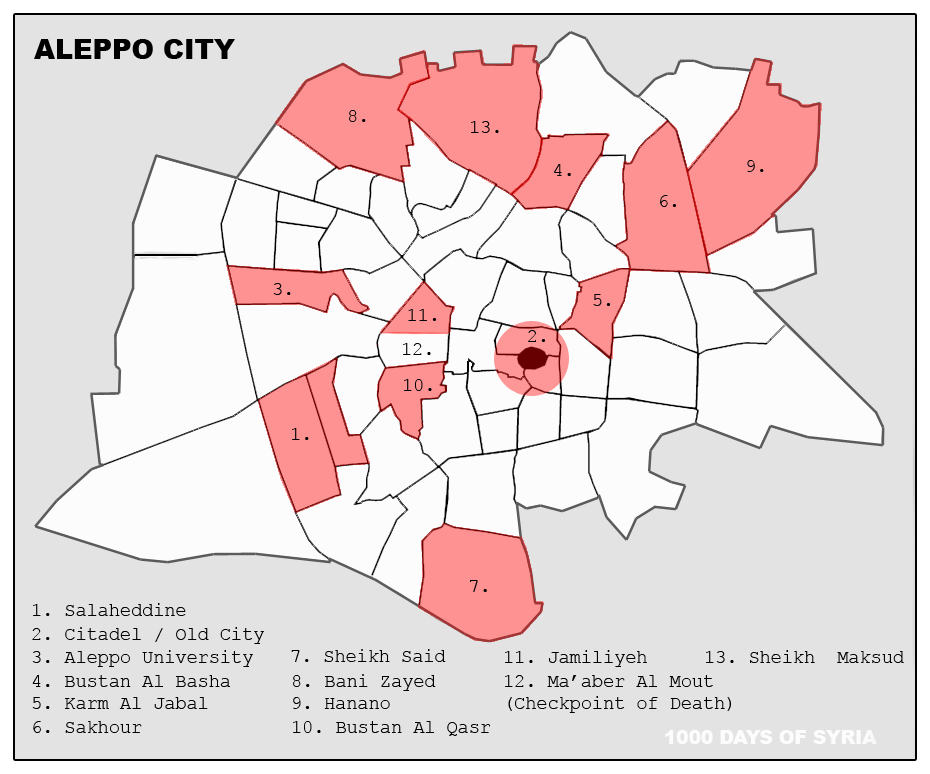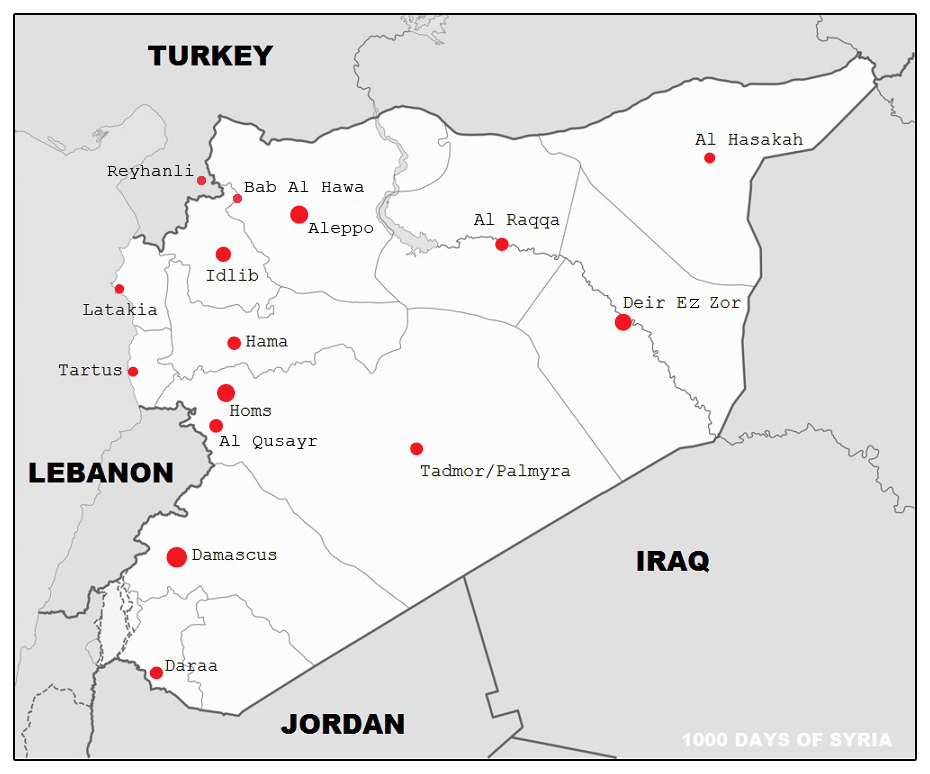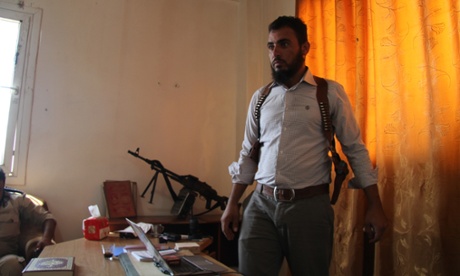1000 Days Of Syria
A journalist develops an online game in the hope of engaging players and drawing attention to the escalating crisis in Syria


Multi-level, interactive story telling is becoming less and less unusual in the world of written fiction. Only recently Mills and Boon, the most prolific of publishers, pushed their way into the modern world opening the doors of the The Chatsfield, an online hotel filled with intertwining stories. Now Mitch Swenson, a final year student of creative non-fiction at Columbia University is bringing some of those interactive ideas into the world of journalism with his 1000 Days Of Syria project.
After harrowing experiences travelling the country with his partners (a photographer, a local fixer and David Axe founder of the blog War is Boring) Swenson was shocked to find the conflicts in Syria were not registering on the news back home. He decided he needed to communicate his experiences in a way that would draw people in, and the result was a game that is available to play online for free. Swenson has split his experiences and research up in the form of three separate stories which at times intertwine. You can choose the role of a foreign photojournalist, a mother of two living in Daraa or a rebel youth living in Aleppo. At the end of each excerpt you can make decisions as to how the story will progress and each story has three possible endings. With the line between fiction and reality blurring steadily the idea of burdening the reader with decisions to make is an interesting development for the future of journalism.
Using an interactive game mechanic like this is both a novel way of grabbing the attention of an increasingly harder-to-reach audience, and also an example of games and interactivity becoming more prevalent in different forms of media.




